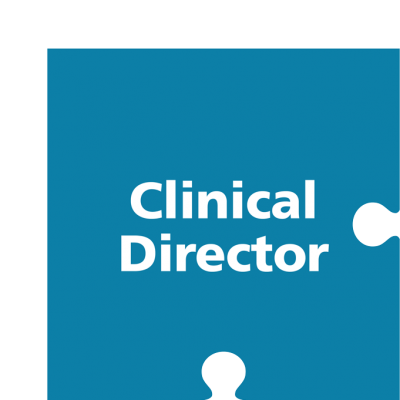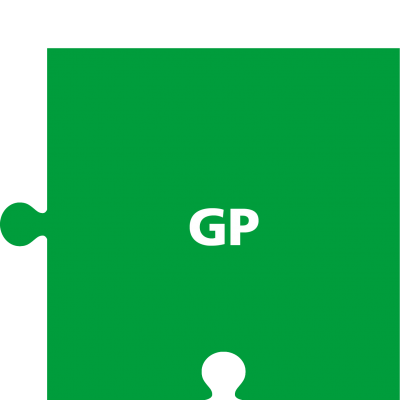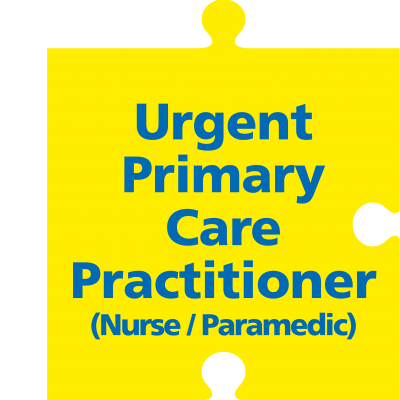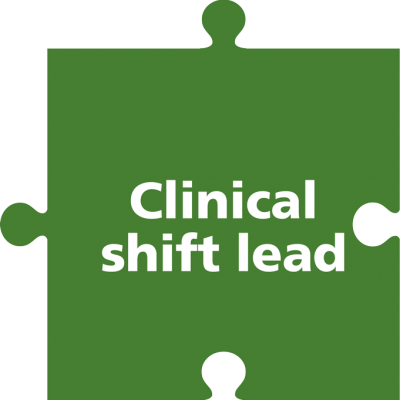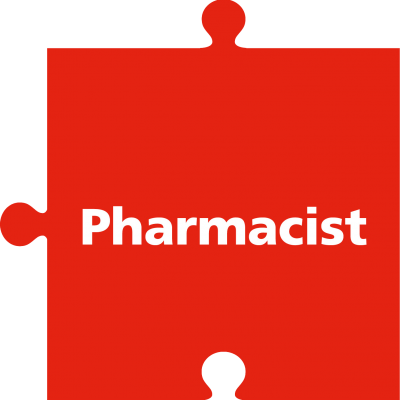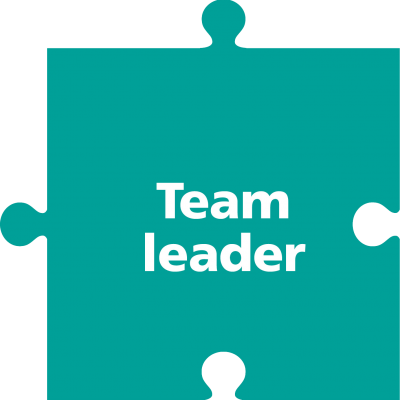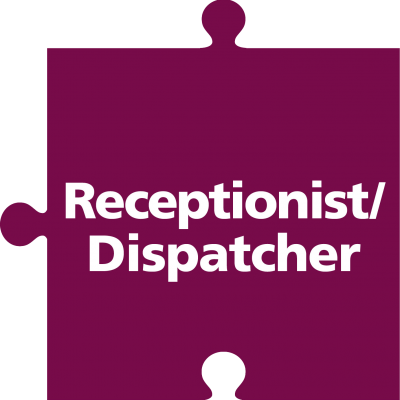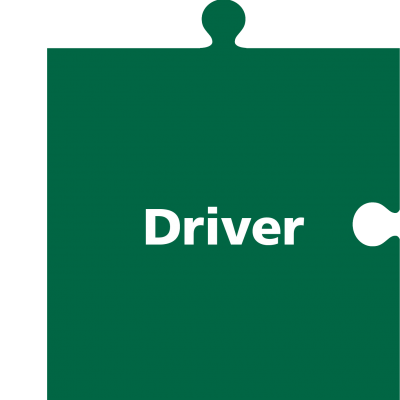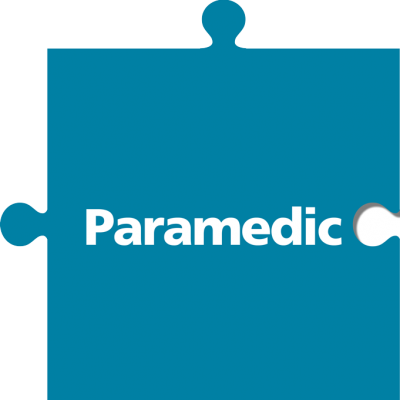If you’re looking to expand your career within the NHS, explore the below roles available in Urgent Primary Care.
Clinical Director
The Clinical Director works at a strategic level to promote and improve Urgent Primary Care Services. They will assume overall responsibility for the clinical and non-clinical teams within their region/Health Board.
The Clinical Director will also work clinically at the level of the Expert Generalist/Flight Controller.
Expert Generalist/Flight Controller
The Expert Generalist/Flight Controller monitors and manages patient flow across a region. They are a clinical leader and source of support for clinicians working within the 111/UPC network.
They are able to work at GP/UCP (8) level clinically and have the competence to assess, diagnose and treat remotely where appropriate.
GP
As a key member of the Urgent Primary Care team, the GP provides clinical leadership for a multi-disciplinary team.
The GP is responsible for performing telephone triage for patients who have been referred on to the service - this can be undertaken from home or from one of the triage centres – along with face-to-face patient treatment delivered at a primary care centre (PCC), or at the patient’s home.
Urgent Primary Care Practitioner
This title is applicable to nurses, paramedics and allied health professionals.
The Urgent Primary Care Practitioner (UCP) is a non-medical clinician who is patient facing in the Urgent Primary Care Service. They are registered practitioners who work autonomously within their level of competence.
Their responsibilities include telephone triage/consultation and face-to-face consultations (face-to-face), either in a Primary Care Centre (PCC) or as a home visit, depending on competency.
UCP Level 5
- Carries out telephone consultations and triage in a sensitive manner, providing advice and information in line with policies, procedures and guidelines, whilst utilising professional judgement and referring to other agencies where appropriate.
- With additional training and competency, an UCP (5) can undertake face-to-face consultations in a primary care centre for minor illnesses.
UCP Level 6
- Carries out face-to-face consultations in a PCC for patients with undifferentiated or undiagnosed conditions. Clinical assessment of patients, diagnosing and treating as appropriate. Prescribing independently or dispensing medications under Patent Group Direction (PGD). Referring patients to secondary care or other services as needed.
UCP Level 7/8
- Carries out face-to-face and remote consultations of increasing complexity, dependent on competence. Prescribes medication independently.
- In line with advanced practice models, the UCP 7/8 will undertake additional roles in relation to education, service improvement and management/leadership.
Clinical shift lead
A clinical shift lead is key to ensuring the Urgent Primary Care service operates smoothly and effectively in a clinically safe way.
They are responsible for managing calls through the system and for moving clinical resource where appropriate to meet the demands of the service.
Pharmacist
A pharmacist is part of the multi-disciplinary team that provides telephone consultations for patients who are referred to the Urgent Primary Care service.
They work autonomously to make decisions about the best care and treatment plans for patients. In addition to telephone consultations, pharmacists are able to treat patients remotely within their scope of practice, and support and advise other clinicians on the appropriate medication and treatment.
Call advisor
A call advisor has a wide range of responsibilities within Urgent Primary Care, but their main responsibility is to assess the patient’s needs and liaise with other agencies and healthcare providers to ensure the patient is appropriately cared for.
A call advisor will need to have excellent communication skills to be able to communicate with other service providers effectively, provide simple health information advice in line with NHS policies and participate in the patient and professional feedback process.
They will also be in charge of managing any challenging calls and child protection concerns, and will communicate with other service providers about issues concerning patient care.
Team leader
A management team ensures the Urgent Primary Care service runs efficiently and effectively, and a team leader is a key part of that.
The team leader manages the team of health advisors and is the main link between clinical and non-clinical staff.
As a team leader, they are responsible for ensuring that calls are dispatched appropriately and in a timely manner. They are the first point of contact for any issues that arise during the shift.
Receptionist / Dispatcher
Being a receptionist is much more than answering telephone calls and greeting patients.
As well as being responsible for confirming the patient details, they dispatch the calls to the relevant centres and arrange transport for patients and clinicians where possible. They will also ensure that details of any patients who are deteriorating while waiting for a clinician are communicated quickly and effectively to one of the clinicians on site.
A receptionist is also in charge of ensuring that all clinical rooms are fully stocked and will appropriately support clinicians with other duties.
Driver
The main role of the driver is to ensure clinicians are safely delivered to the patient’s home. As well as driving the clinician, they are accountable for the vehicle during their shift and making sure that it is fully equipped with everything that is needed to support the clinician and patient.
They may have to have occasional face-to-face patient contact if they are required to act as a chaperone for the patient.
Paramedic
Paramedics can complement the rest of the primary care team, not only in acute care, but also domiciliary visiting and follow up, that may well enable patients to stay in their own home rather than be admitted to hospital.
The paramedic specialist in primary and urgent care has assessment and management skills that are applicable across a variety of service users including adults, children and pregnant women. These are the core clinical skills, but as the paramedic specialist develops they may develop additional skills according to the environment in which they work.


